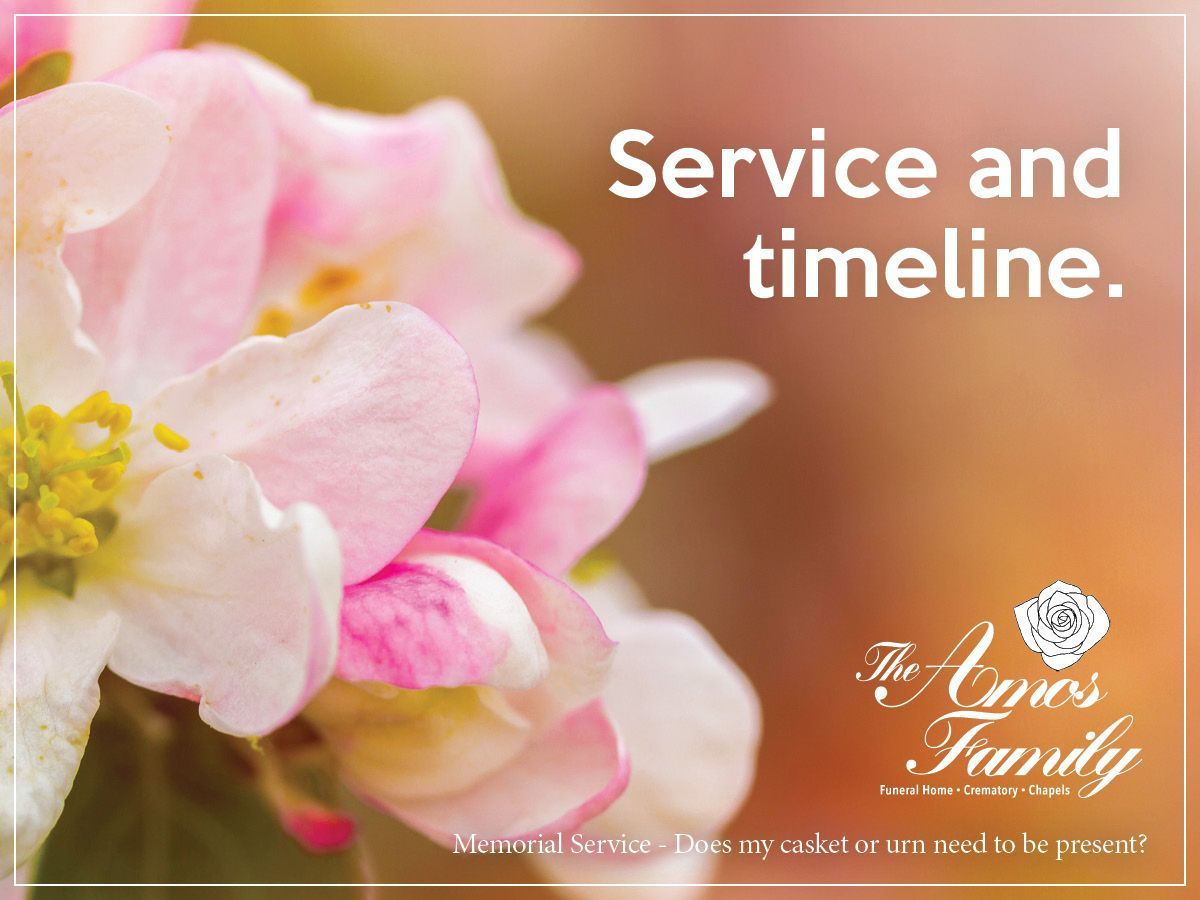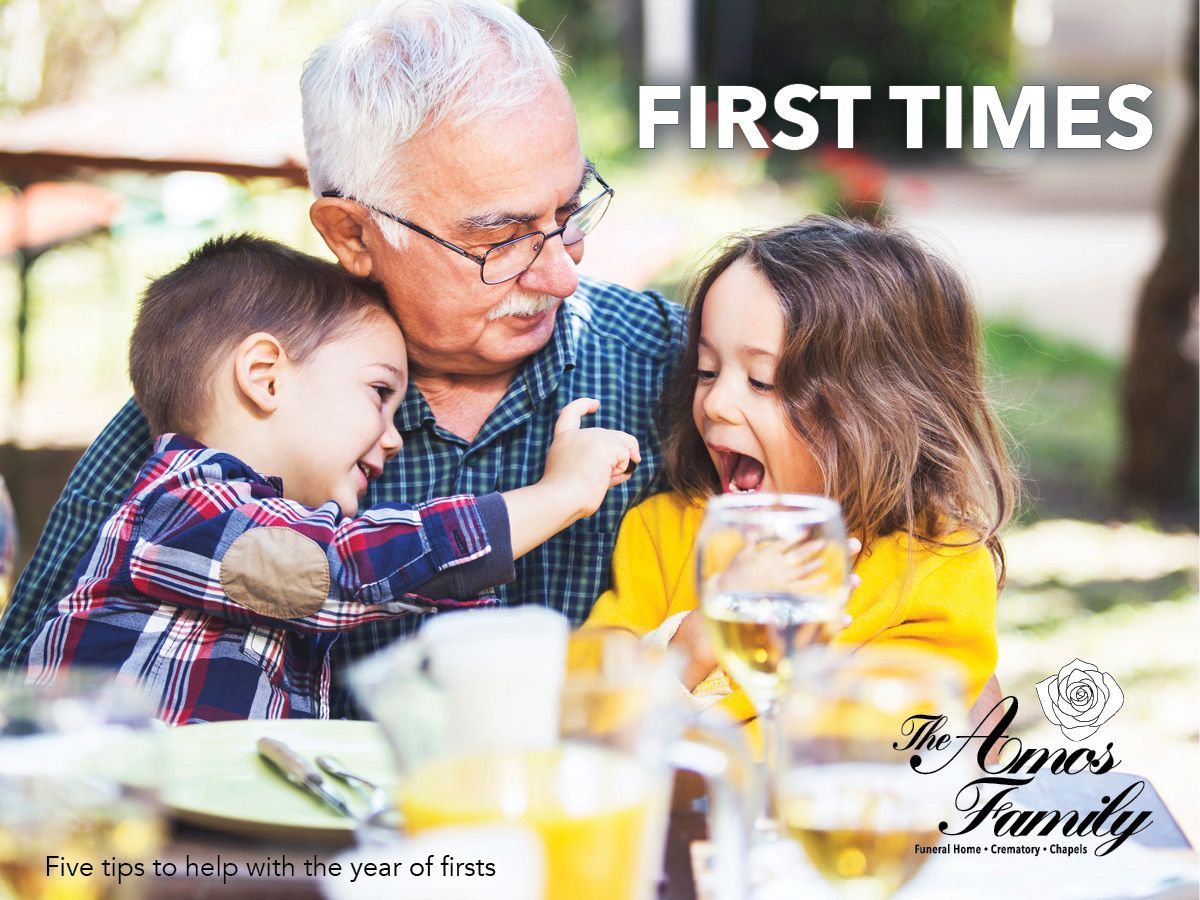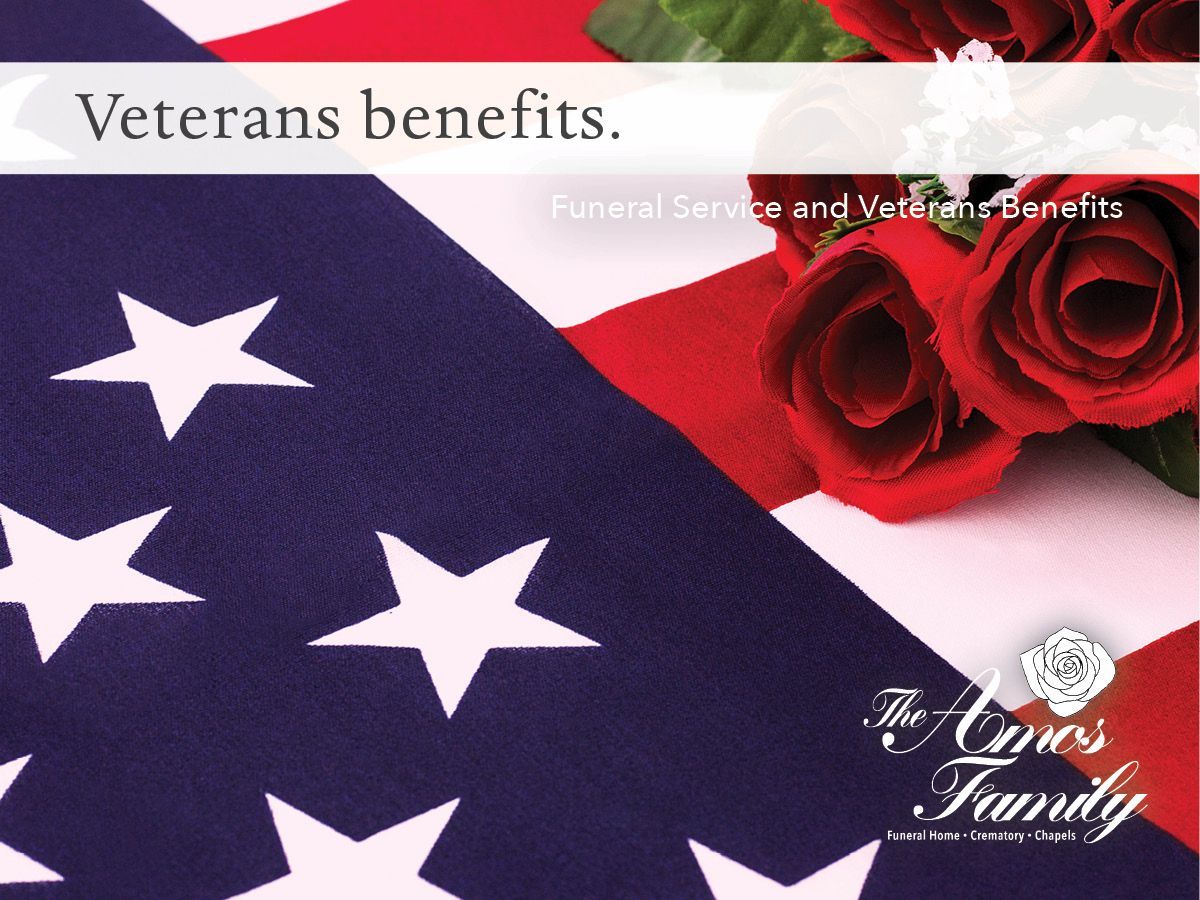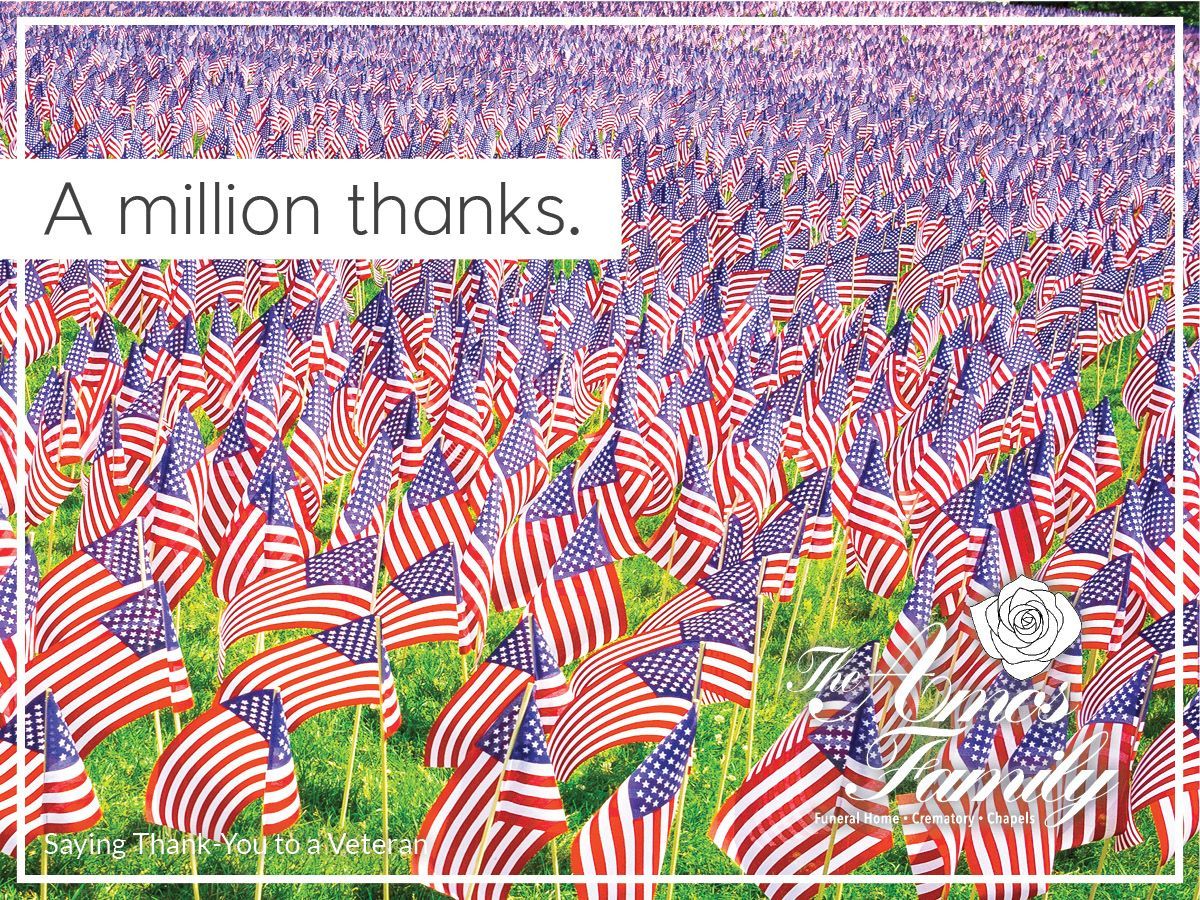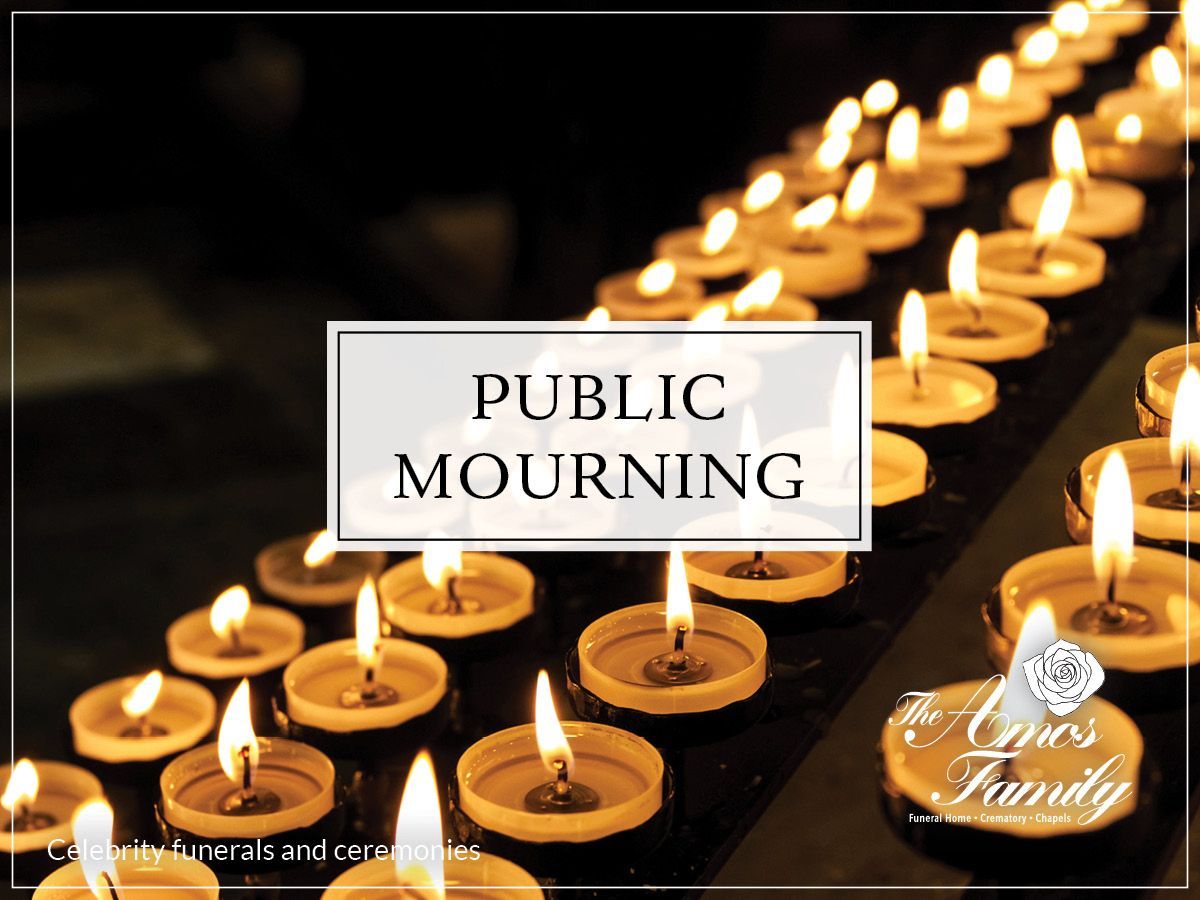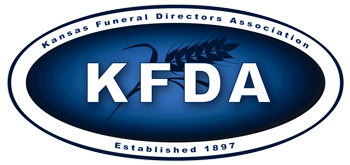Planning for Cremation
1. Choose a cremation provider
2. Decide on a “closing” ceremony
3. Choose a final resting place
Start with the end. Where will your cremated remains “rest”? There are three general choices and a variety of options within each choice. On average, a cremated human body will be reduced to about five pounds of coarse “ash”.
· Ashes can be kept by a family member
· Buried or permanently kept in a columbarium niche
· Scattered
Very few people really “don’t have anybody”. Friends are the family we choose and then there is the family. Most of us are deeply connected to at least one other human being. These are the people who need some time to be with others to begin to process their loss of you.
· A funeral service (with or without a religious service) can be held before the cremation takes place
· A memorial service occurs after the cremation takes place. It may or may not include a religious service.
· Either a funeral or a memorial service can be formal, informal, or very informal. Either can be held pretty much anywhere.
Funeral homes either provide cremation at the funeral home or coordinate transportation from the place of death to the cremation facility. They can also help you choose a final resting option and coordinate the closing ceremony. Most funeral homes have a person on staff who will meet with you, answer all your questions, and help determine which options work best for you and the people who are important to you. Amazingly enough this is a free service. A cremation society or direct cremation provider will take care of the cremation.
You can:
· Take advantage of your local funeral home’s planning service (no charge)
· Sign up for a cremation society and leave everything else to those who love you.

